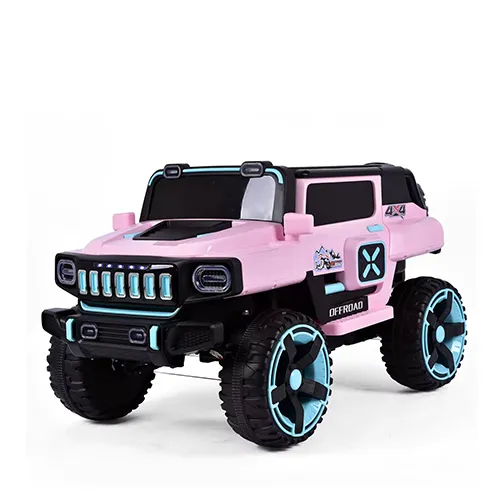Are Baby Walkers Good or Bad? A Comprehensive Guide
Baby Walkers Good or Bad?
Baby walkers have long been a topic of debate among parents, pediatricians, and child development experts. While they can be a source of amusement for infants and convenience for caregivers, there are growing concerns regarding their safety and developmental implications. In this article, we will explore both the advantages and disadvantages of baby walkers, helping parents make informed decisions for their little ones.
The Pros of Baby Walkers
Many parents argue that baby walkers provide a fun and engaging way for infants to explore their environment. These devices allow babies to sit upright and move around the house, which can stimulate their curiosity and encourage mobility. For some children, this can enhance their physical development by helping them practice balance and coordination.
Furthermore, baby walkers can offer parents a temporary reprieve. With a baby safely secured in a walker, caregivers can attend to household tasks while keeping an eye on their child. This convenience can be especially appealing for busy parents juggling multiple responsibilities.
The Cons of Baby Walkers
baby walkers good or bad factory

Despite the potential benefits, there are significant concerns surrounding the use of baby walkers. One of the main issues is safety. According to the American Academy of Pediatrics (AAP), baby walkers have been associated with numerous injuries each year, primarily due to falls or the walker enabling access to dangerous areas, such as stairs or sharp objects. The risk of a baby toppling over or moving into hazardous situations can not be underestimated.
Moreover, some studies suggest that using baby walkers may delay the development of certain motor skills. Infants in walkers may miss out on important milestones, such as crawling, as the walker can provide an artificial sense of mobility that detracts from the natural progression of their movement skills. Crawling helps strengthen core muscles, coordination, and spatial awareness, all of which are crucial for later walking and physical activities.
The AAP and other health organizations recommend that parents consider alternative options to walkers. Playpens, for example, can provide a safe space for babies to explore without the risks associated with walkers. Encouraging tummy time and allowing infants to practice crawling can also promote healthier physical development.
Conclusion
In summary, while baby walkers can be entertaining and offer brief moments of convenience for parents, the potential risks and developmental drawbacks cannot be overlooked. Safety concerns regarding injuries and the possibility of delayed motor skill development present serious arguments against their use. Parents are encouraged to consider alternative methods for encouraging mobility and exploration that prioritize their child's safety and developmental needs.
Ultimately, the decision to use a baby walker is a personal one, and it is crucial for parents to weigh the benefits and risks. If opting for a walker, ensuring proper supervision and maintaining a safe environment can help mitigate some dangers. Engaging with healthcare professionals about the best practices for supporting an infant's development can also provide valuable guidance. As parents, fostering a love for movement and exploration in a safe and supportive way should always be the priority.
-
Kids Electric Motorcycle New Model with Early Education Baby Car – A Fun and Educational Ride for Young ExplorersNewsJul.08,2025
-
Kids battery power car baby four-wheel off-road vehicle children electric toy carNewsMar.07,2025
-
New Hot Design Factory Wholesale Light Weight Small Folding Size Baby StrollerNewsMar.07,2025
-
2022 newest factory boys and girls powerful battery operated 4-wheel ride on electric carNewsMar.07,2025
-
2022 newest factory boys and girls powerful battery operated 4-wheel ride on electric carNewsMar.07,2025
-
Kids battery power car baby four-wheel off-road vehicle children electric toy carNewsMar.07,2025
